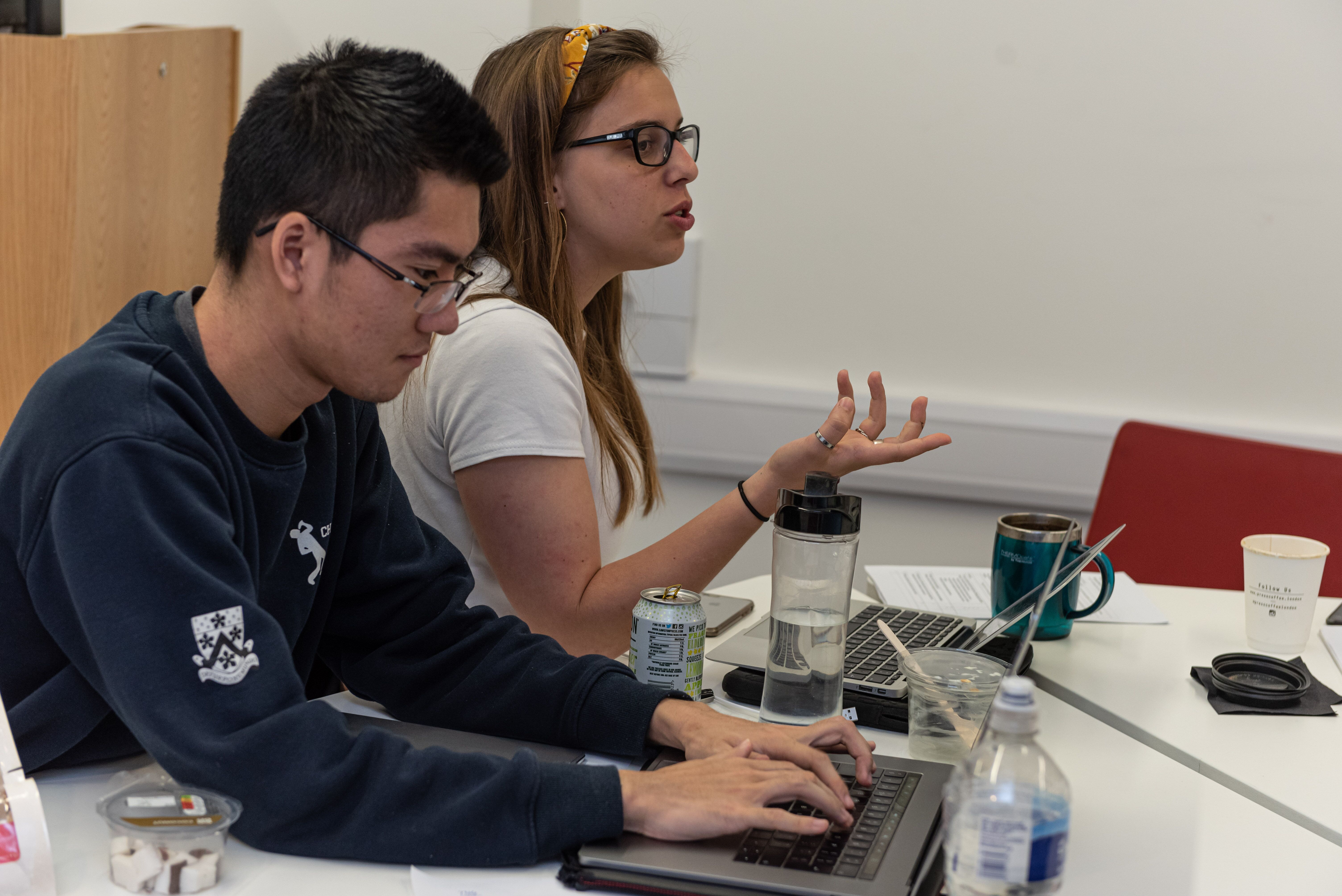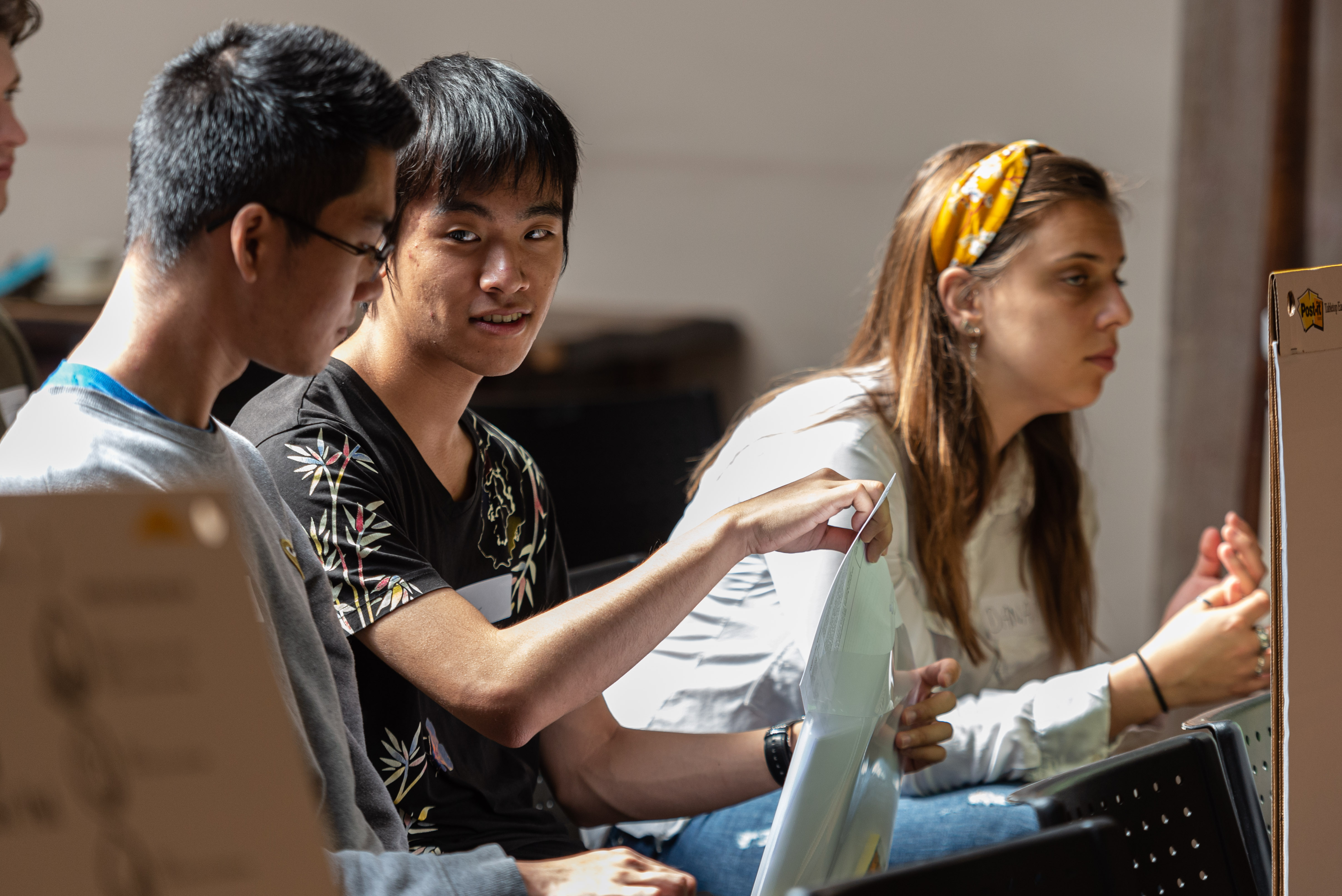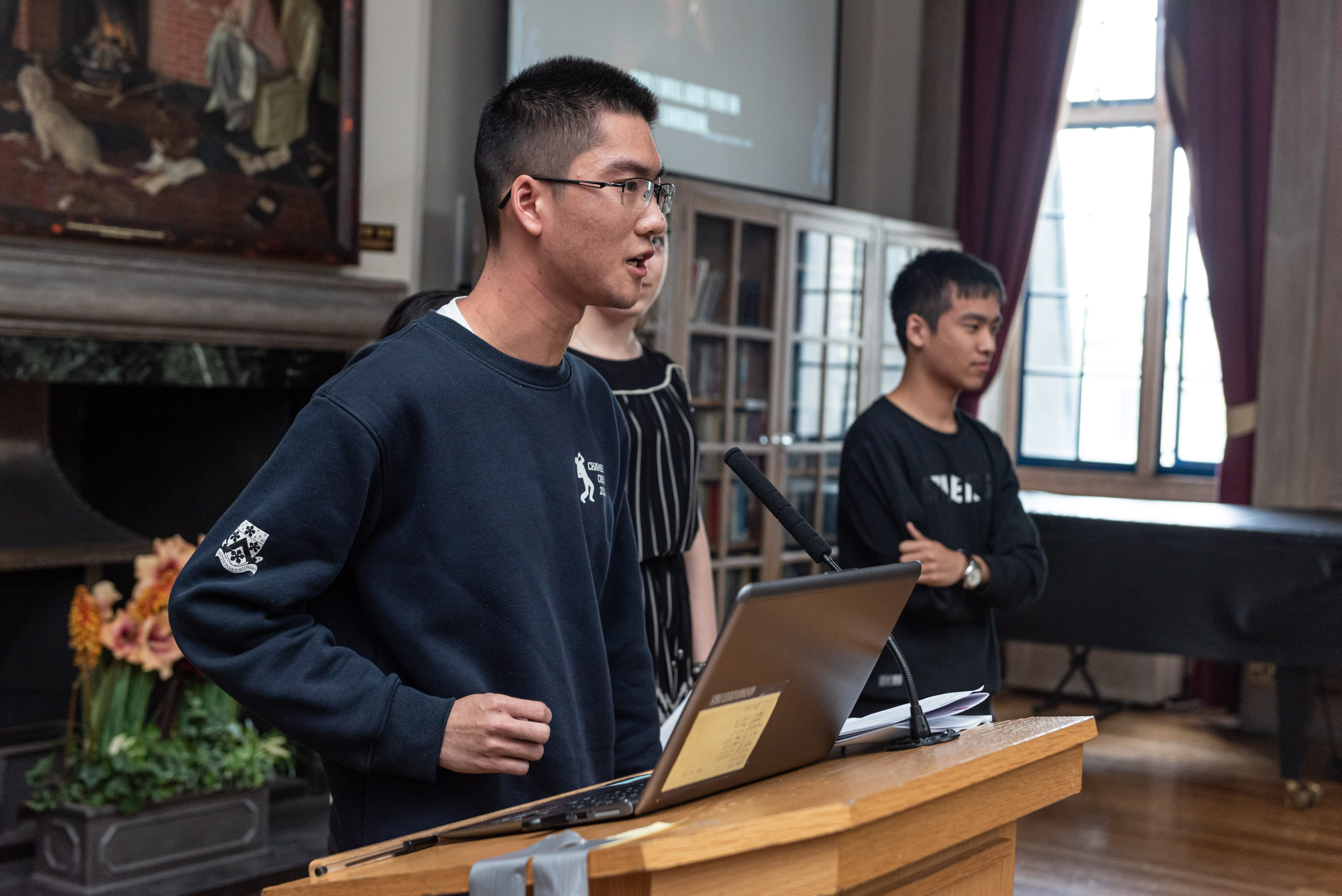I’ve always wanted to give rigorous academic research a go, because I believe in the value it can add to the world. LSE GROUPS helped me realise this. The theme of this year, 2019, was ‘The Future of Work’. Whether you are a newbie or a seasoned veteran on topics such as the gig economy, ageing population, universal basic income, or artificial intelligence, you will learn something new. Getting to know a whole new concept or exploring your existing knowledge from a different perspective is just one of the many thrills of this programme.
Under this theme, my group researched the use of social and professional networking sites (SPNS), particularly LinkedIn, in the job-finding process of students and graduates, most of whom are currently working in areas of banking and finance, consultancy, accounting and assurance, and legal services. Our ultimate aim was to see how differently, if at all, graduates use SPNS compared to students, and provide insights as to how students could use SPNS more effectively in order to increase their prospects of obtaining a job.

We relied on two main software to collect and process our data. Quantitative surveys were created using Google Forms, and interpretation was through Excel. We also conducted a qualitative interview with a member of LSE Careers to further illuminate our understanding. The usage of these tools to support our research was a welcome challenge and equipped us with technical skills in an increasingly data-driven world.
We concluded that students are not fully exploiting digital tools like LinkedIn. In our research process we discovered that a non-trivial proportion of hiring takes place via networks - the ‘hidden labour market’ - rather than formal online platforms. Students would hence benefit by using SPNS in a way which facilitates broad networks, to have a higher chance of accessing jobs in the hidden labour market. Furthermore, a notable proportion of students in our sample do not make a conscious effort to present themselves professionally online. Because of the importance of first impressions in forming solid connections required to access hidden jobs, we encourage them to do so.

That is a lot of work in the scope of two weeks, not to mention time spent on planning, brainstorming and adapting to sudden changes to our course of research. But this is all part of the fun of being in LSE GROUPS. Not only was I given the chance to carry out academic research, it also gave me the opportunity to build valuable skills that open doors to new and exciting opportunities. On a larger scale, once the research is released, it is in the public domain, and we feel a warm glow knowing that it fills a gap in a particular field of research. Furthermore, our papers may prove invaluable to anyone, not just academics. The research delivered by the cohort of 2019 has immense benefits for the student population: we may find a sense of belonging in the meritocratic narrative of how future work is perceived among London undergraduates; we may feel less baffled about using social and professional networking sites; or we may gain an understanding of how firms use artificial intelligence for recruitment purposes, and tailor our own applications to be noticed amidst the fierce competition in the labour market. It gives us the knowledge and confidence to face the challenges of university and beyond.
We are all well-aware of LSE students’ career drives (as shown by the research done by my group!). As mentioned above, LSE GROUPS is an excellent activity to put on your CV and show your employers you are a genuine team-player with the ability to deliver results, stay organised, and persist through pressure and rapid deadlines in a two-week exhilarating environment. But there is a charm about the programme that radiates well beyond finding a job. For most students, LSE GROUPS takes place after exams, a productive way to start the summer holidays. It is also a great programme to experience a genuine work-life balance: in LSE GROUPS I met many like-minded and friendly fellow students, and together we worked on our research in both a diligent and light-hearted manner that allowed plenty of scope for creativity and humour. Finally, but not least, LSE GROUPS is an excellent opportunity to open your mind to new perspectives, and to learn more about the world we live in. I would strongly encourage anyone - first-timers or veterans of research - to give it a try.
